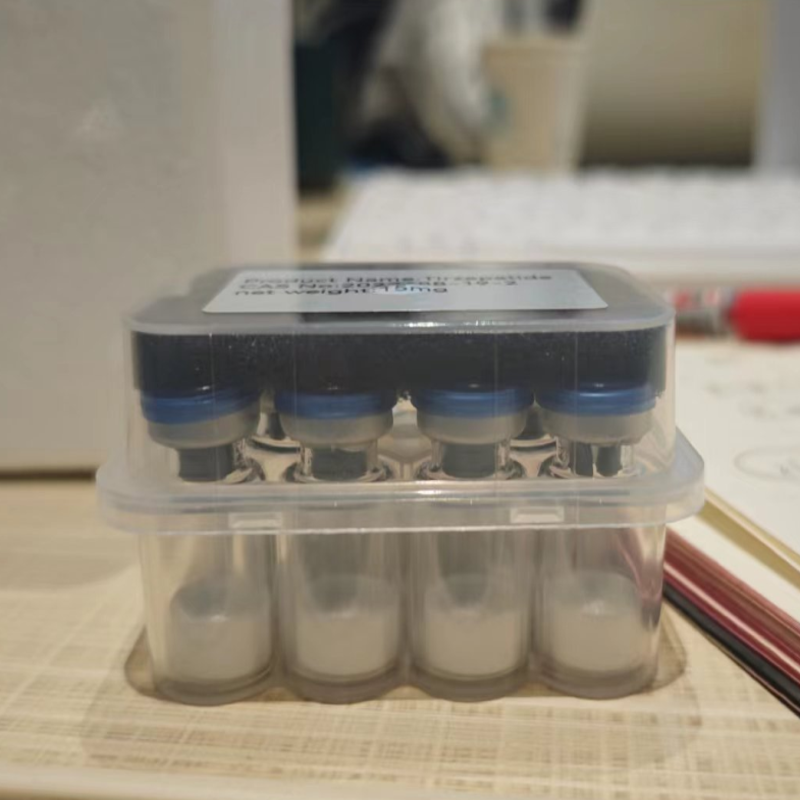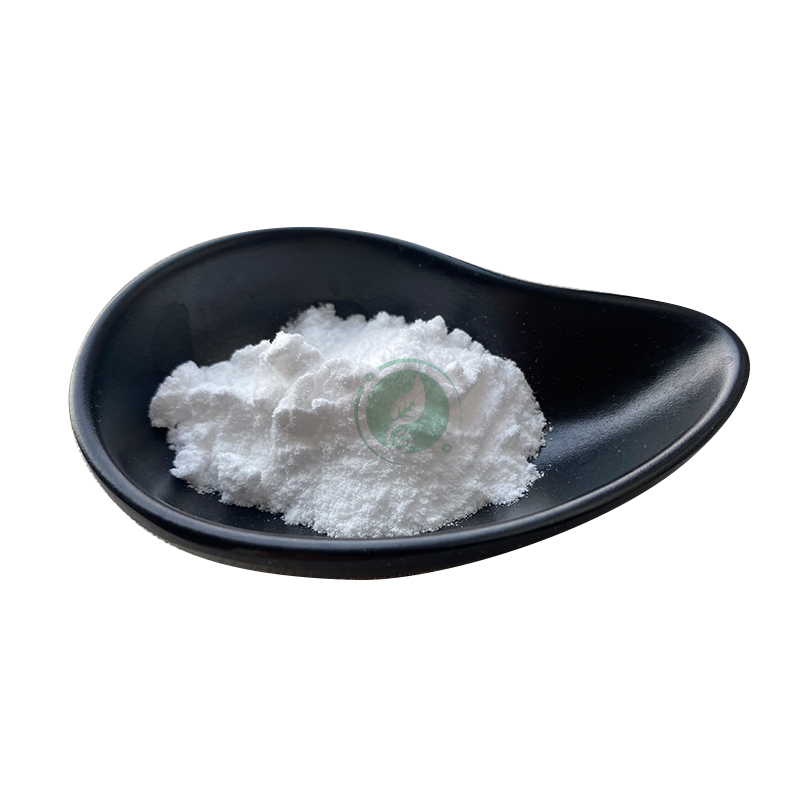U.S. scientists suppress a gene "old" rat for new skin
-
Last Update: 2020-07-06
-
Source: Internet
-
Author: User
Search more information of high quality chemicals, good prices and reliable suppliers, visit
www.echemi.com
Two weeks after a genetically modified mouse's genes were inhibited, the aging skin of a genetically modified mouse became like a new life, U.Sscientists announced on Nov2
While scientists are still unsure of the safety of using this method to delay aging in humans, the study offers a glimmer of hope that humans will one daytreatment ofdiseases linked to agingGene Therapythe study will be published as a cover in the January
22th issue of the American journal Gene and DevelopmentDrHoward, an associate professor of dermatology at Stanford University, led the study"The results show that,aging is not only due toloss, but also froma product of a continuously functioning genetic program
that this genetic planning can be suppressed," Zhang saidZhang saidpast studies have shown that
aging process can be reversed by using "extreme methods", such as referring to a diet that is close to a hunger strike
diet, or "connecting a young animal to an elderly animal's blood circulation system."" And our study shows that the aging process of mouse skin can be reversed by suppressing a gene, at least temporarily(
reversal), " Zhang saidBut Zhang warned that the gene, called NF-eB, is not a "source of eternal youth" and that suppressing the nf-eB gene throughout the body can lead to death" The activity of the NF-eB gene is proportional to age," Zhang said, but it doesn't exist to make us olderIt is active in the immune system and other cellular functions ," Zhang, a freshman
told AFP in a telephone interview that his team found that many tissues have a common "starter" for changes in gene expression associated with aging, a protein called NF-kappa-B It is the NF-eB gene that produces this protein The researchers then designed a genetically modified mouse The mice's NF-eB gene was designed as a defective gene, and when the mice were older, their NF-eB gene could be "turned off" Zhang said the researchers' design could even allow the NF-eB gene to "close" in some parts of the mouse and "open" in others "By design, the NF-eB gene in mice responds to a lotion containing a particular chemical, and we apply half of the mouse's skin to this emulsion.. So the other half of the skin that is not applied to the emulsion is still aging "
two weeks later, both gene expression and tissue characteristics showed that the skin of the half of the mice smeared with the lotion had returned to the state of a young mouse The next step will look at whether suppressing the NF-eB gene will also restore aging to organs such as heart and lungs, Zhang said In addition, there are a number of questions to answer Can the recovered youth last? If the NF-eB gene is stopped, will aging make a rapid comeback? What are the side effects of long-term suppression of the NF-eB gene? Is the same method safe for the human body? "What I don't want to happen is that some people call me to make an appointment for beauty," Zhang said Even if researchers can find a safe way to apply this method to humans, he said, there is still a greater risk of interfering with genes " Many people who work in this area don't want to use this beauty, they are more focused on improving the quality of life," he said (
Xiaoming)
This article is an English version of an article which is originally in the Chinese language on echemi.com and is provided for information purposes only.
This website makes no representation or warranty of any kind, either expressed or implied, as to the accuracy, completeness ownership or reliability of
the article or any translations thereof. If you have any concerns or complaints relating to the article, please send an email, providing a detailed
description of the concern or complaint, to
service@echemi.com. A staff member will contact you within 5 working days. Once verified, infringing content
will be removed immediately.







